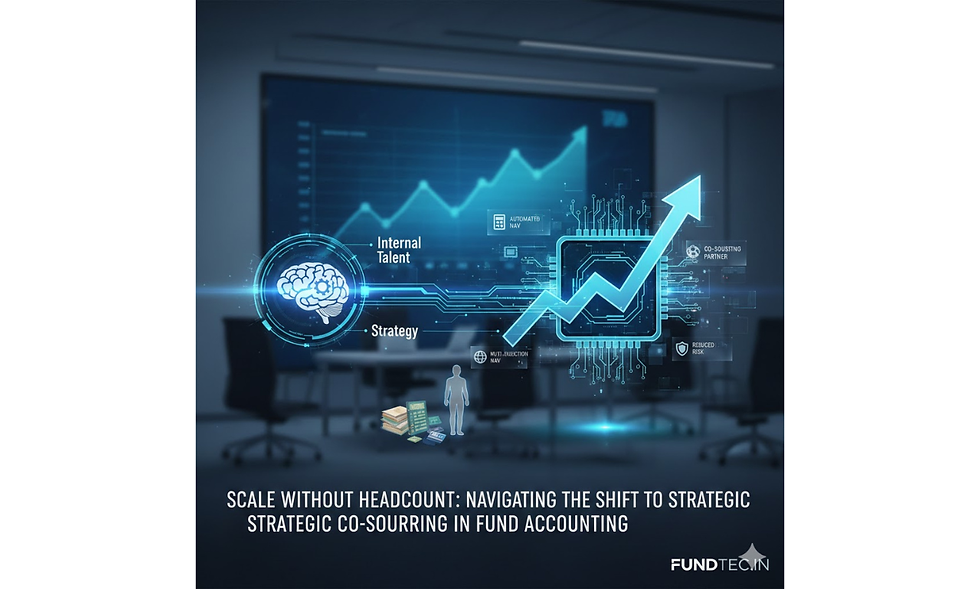Litigation Funding
- accounts5814
- Dec 25, 2023
- 3 min read
Updated: Jul 7, 2025
Innovative approaches, proven results.

Meaning
Litigation funding, also known as legal financing and third-party litigation funding (TPLF), is the mechanism or process through which litigants (and even law firms) can finance their litigation or other legal costs through a third party funding company. It is a form of non-recourse financing for legal disputes. In exchange for a pre-agreed share of any proceeds arising from the litigation, the funder agrees to pay some or all of the claimant's legal costs and disbursements. Disputes that attract TPF generally include commercial contracts, international commercial arbitration, class action suits, tortious claims like medical malpractice and personal injury claims, anti-trust proceedings, insolvency proceedings, and other like claims that have a calculated chance of resulting in a substantial monetary award.
How it Works
A third party funder is an independent party that pays some or all of the legal costs and expenses of one of the parties to dispute proceedings.
Experts such as claim assessors, technical experts, forensic investigators and local law firms help the funder determine the chances of success in a dispute, understand the risk that needs to be priced, and ascertain the costs which would be incurred in the resolution of the dispute.
In return, the funder will be paid out of the proceeds if the claim succeeds, often as a percentage of the amount recovered or a multiple of the amount it invested. If the claim fails, the funder will not be entitled to payment.
There are also insurance policies that can be combined with funding to cover this potential costs risk. The result is that the burden of the upfront cost is removed from the client, with the funder covering those and taking its reward from the dispute at a later stage.
Latest Industry Updates

Global Litigation Funding Investment Market Share to Surpass USD 22,373 Million By 2027
According to the research study, the global Litigation Funding Investment Market was estimated at USD 10,916 Million in 2018 and is expected to reach USD 22,373 Million by 2027. The global Litigation Funding Investment Market is expected to grow at a compound annual growth rate (CAGR) of 8.3% from 2019 to 2027. (Source)
Two more legal cases resolved successfully by Europe’s first litigation funding platform Axia Funder.
Axia Funder, Europe’s first for-profit litigation funding platform, has secured GBP 1.9million from investors since launching in January 2019, with a 100 per cent success rate on completed cases. Axia Funder has fully funded a total of 13 cases via its platform so far, winning all five that have been concluded with an average investor return of 55 per cent, and as high as 94 per cent. The other eight cases remain ongoing; The current cases at the funding stage include a shareholder dispute case relating to a high-value house building business, and a group litigation claim against two retail banks the funding is in the process of closing. (Source)
Artificial Intelligence Driving Investment Decisions in Litigation Funding
Artificial Intelligence in Litigation Funding Market” 2021 industry research report provides information regarding market size, share, trends, growth, cost structure, capacity, and revenue and forecast 2026. This report also includes the overall and comprehensive study of the Artificial Intelligence in Litigation Funding with all its aspects influencing the growth of the market. It provides data for making strategies to increase the market growth and effectiveness. (Source)
Key Takeaways
Litigation funding is the practice of a third party funding litigation in exchange for a cut of any proceeds that result from the lawsuit.
Typically, the funding will cover the funded parties legal fees and expenses incurred in the arbitration.
Financing companies typically provides non recourse funding to a litigant. Litigation funding is essentially a high-return investment.
Experts help the funder determine the chances of success in a dispute, understand the risk that needs to be priced, and ascertain the costs which would be incurred in the resolution of the dispute.





test